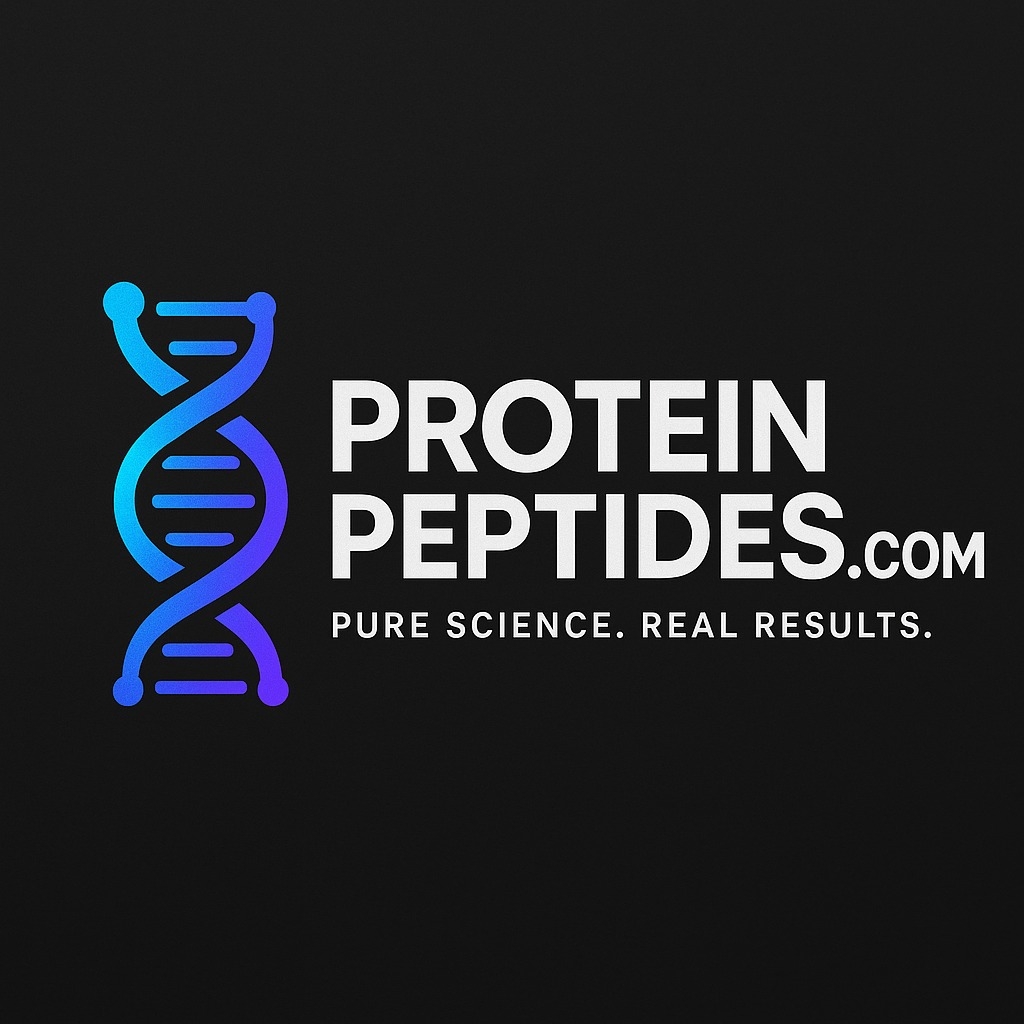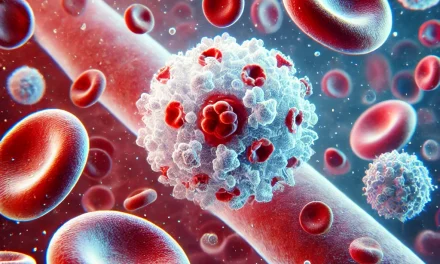Teens and Peptides: Understanding Their Role in Health and Growth
Peptides are short chains of amino acids that play essential roles in regulating various physiological processes in the body, including growth, metabolism, immune response, and tissue repair. As science and technology advance, peptides have become increasingly popular for their therapeutic uses in both medical and fitness contexts. However, when it comes to teenagers, there are important considerations about the potential benefits and risks of peptide use.
In this article, we will explore the role of peptides in the health and development of teens, their benefits, the risks involved, and the guidelines surrounding their usage in adolescents.
What Are Peptides and How Do They Function?
Peptides are composed of two or more amino acids linked together by peptide bonds. These chains act as signaling molecules, telling the body to perform specific functions. Peptides play a role in numerous biological processes, such as:
- Hormone Regulation: Many peptides function as hormones or help stimulate the release of hormones in the body. For example, growth hormone-releasing peptides (GHRPs) can promote the release of growth hormone, which is essential for physical growth and development.
- Immune System Support: Certain peptides can enhance immune responses, promoting faster recovery from illness or injury.
- Cell Growth and Repair: Peptides are involved in the regeneration of cells and tissues, helping with healing and repair processes in the body.
While peptides naturally exist in the body, they can also be synthetically produced for therapeutic uses. These peptides are often marketed for their ability to promote muscle growth, improve skin health, support immune function, and enhance overall wellness.
Peptides and Teenagers: Potential Benefits
Teens undergo significant growth and development during their adolescent years. Peptides have the potential to influence various aspects of this development, offering both health benefits and performance enhancements. Here are some of the key areas where peptides may benefit teenagers:
1. Growth and Physical Development:
Growth hormone (GH) is essential for the growth and development of bones, muscles, and other tissues during childhood and adolescence. Peptides like GHRH (Growth Hormone-Releasing Hormone) and GHRPs (Growth Hormone-Releasing Peptides) stimulate the release of growth hormone, which is vital for promoting linear growth and muscle development during puberty. In certain cases, peptides that enhance growth hormone levels may be beneficial for teens with growth deficiencies or developmental issues.
For teens experiencing delayed growth or those involved in high-intensity sports where muscle growth is essential, peptides could potentially play a role in supporting their physical development.
2. Muscle Recovery and Performance:
Adolescents who engage in sports and physical activity often experience muscle fatigue, soreness, or injury. Peptides that promote muscle repair and regeneration may help teens recover more quickly from strenuous workouts or injuries. Peptides like BPC-157 (Body Protection Compound 157) and TB-500 (Thymosin Beta-4) have shown potential in promoting healing by stimulating collagen production, reducing inflammation, and improving tissue regeneration.
For athletes, peptides may assist in reducing recovery time and improving overall performance by supporting muscle growth, repair, and preventing injury. However, peptides should be used cautiously, and their use should be under proper guidance to avoid misuse or overuse.
3. Skin Health and Appearance:
Adolescents are particularly susceptible to skin issues due to hormonal fluctuations during puberty. Acne, skin inflammation, and scarring are common concerns among teens. Peptides like GHK-Cu (Copper Peptide) are known for their ability to stimulate collagen production, improve skin elasticity, and accelerate tissue repair. GHK-Cu has shown promise in improving skin regeneration and reducing the appearance of scars, making it a potential treatment for acne scarring in teens.
By supporting the skin’s healing process and collagen production, peptides may help teens achieve healthier, more resilient skin. However, their use should be approached with care, particularly for those with sensitive or acne-prone skin.
4. Cognitive Function and Mental Clarity:
Adolescents experience changes in brain function as they grow and develop, which can impact concentration, memory, and overall cognitive performance. Some peptides, such as nootropic peptides, have been explored for their potential to improve cognitive function, learning, and memory. These peptides may have the ability to enhance brain plasticity and promote mental clarity, which could benefit teens during academic learning or sports performance.
However, more research is needed to understand the full effects of peptides on cognitive function, and they should not be used as a substitute for a healthy diet and lifestyle that support mental well-being.
Risks and Considerations for Teens Using Peptides
While peptides may offer numerous benefits, there are potential risks associated with their use, especially for teenagers. Adolescence is a period of rapid growth and development, and the long-term impact of peptide use on young bodies is not fully understood. Here are some key considerations when it comes to using peptides during this critical stage of life:
1. Hormonal Disruption:
Because many peptides stimulate the release of hormones like growth hormone or insulin-like growth factors (IGFs), they could potentially disrupt the body’s natural hormonal balance. For example, excessive use of peptides that increase growth hormone levels could lead to abnormal growth patterns, such as gigantism or acromegaly, conditions caused by an overproduction of growth hormone.
Teenagers are already undergoing natural hormonal changes during puberty, and introducing external peptides may interfere with the delicate balance of these hormones. Any use of peptides should be done under the supervision of a healthcare professional to avoid adverse effects on hormonal health.
2. Overuse and Dependence:
Peptides can be very effective in promoting muscle recovery and growth, but they can also lead to dependence if used improperly. Teens, particularly athletes, may be tempted to overuse peptides to gain a competitive edge, leading to misuse. Overuse of peptides may strain the body’s natural ability to produce hormones or cause side effects such as joint pain, fluid retention, and abnormal tissue growth.
For this reason, peptides should be used responsibly, and only when necessary for specific health conditions or performance needs. They should not replace proper nutrition, exercise, and sleep, which are the foundations of healthy growth and development.
3. Lack of Regulation:
The peptide market is not always strictly regulated, and the purity, dosage, and safety of products can vary widely. Teens using peptides should be aware that some products on the market may be unapproved, unregulated, or contaminated. This increases the risk of receiving products that could cause harm or have adverse side effects.
It is essential to consult with a healthcare professional before considering peptide use and to ensure that peptides are sourced from reputable manufacturers.
4. Potential Side Effects:
Some peptides may cause unwanted side effects, including headaches, digestive issues, joint pain, or allergic reactions. For teens, the risks associated with peptide use are compounded by the fact that their bodies are still developing. Peptides that have been shown to be safe for adults may not be appropriate or safe for adolescents.
Conclusion
Peptides can provide numerous benefits for teenagers, from supporting muscle growth and recovery to improving skin health and cognitive function. However, the use of peptides during adolescence must be approached with caution. As a time of rapid physical and hormonal changes, teens should avoid unnecessary use of peptides, especially without proper medical supervision.
For teenagers with specific medical conditions, growth deficiencies, or those in need of muscle recovery after intense physical activity, peptides may offer support when used responsibly. However, safety should always be the primary concern, and peptides should not be seen as a shortcut to growth or performance. Instead, they should be used as part of a well-balanced approach to health that includes proper nutrition, exercise, and lifestyle choices.
As with any supplement or treatment, consulting with a healthcare professional is key to ensuring that peptide use is safe, effective, and appropriate for each individual’s unique needs.
Teens and Peptides
References
- Wikipedia contributors. Growth hormone. Wikipedia. https://en.wikipedia.org/wiki/Growth_hormone
- García‑Bermúdez M, et al. Growth hormone deficiency in children and adolescents: A review of current knowledge and future directions. Front Endocrinol. 2021. https://pmc.ncbi.nlm.nih.gov/articles/PMC8440916/
- Kemp SF, Frindik JP. Growth hormone therapy in children: Research and practice — A review. Growth Horm IGF Res. 2011;21(6):305‑311. https://pmc.ncbi.nlm.nih.gov/articles/PMC4114101/
- U.S. Food & Drug Administration (FDA). Certain bulk drug substances used in compounding may present significant safety risks. 2020. https://www.fda.gov/drugs/human-drug-compounding/certain-bulk-drug-substances-use-compounding-may-present-significant-safety-risks
- BioOptimal Supplements. Peptides for Teenagers: Benefits, Risks, and What You Need to Know. 2023. https://www.biooptimalsupplements.com/blogs/article/peptides-for-teenagers-benefits-risks-and-what-you-need-to-know-1
- Orlando Health. Dangerous Trend: HGH Use on the Rise Among High School Athletes. 2022. https://www.orlandohealth.com/content-hub/dangerous-trend-hgh-use-on-the-rise-among-high-school-athletes
- Therapeutic Goods Administration (TGA). Too much of a good thing? The health risks of human growth hormone. 2021. https://www.tga.gov.au/news/blog/too-much-good-thing-health-risks-human-growth-hormone
- Wikipedia contributors. HGH controversies. Wikipedia. https://en.wikipedia.org/wiki/HGH_controversies
- Kelly AS, Fox CK, et al. Unintended consequences of GLP‑1 receptor agonist medications in children and adolescents: A call to action. J Clin Transl Sci. 2023;7:e178. https://www.cambridge.org/core/journals/journal-of-clinical-and-translational-science/article/unintended-consequences-of-glucagonlike-peptide1-receptor-agonists-medications-in-children-and-adolescents-a-call-to-action/F0286F2FBBD7F6E4E75A6A383F3C82BB
Teens and Protein Peptides
Teens and Protein Peptides
Teens and Protein Peptides
Teens and Protein Peptides
Teens and Protein Peptides






